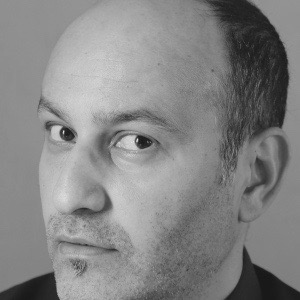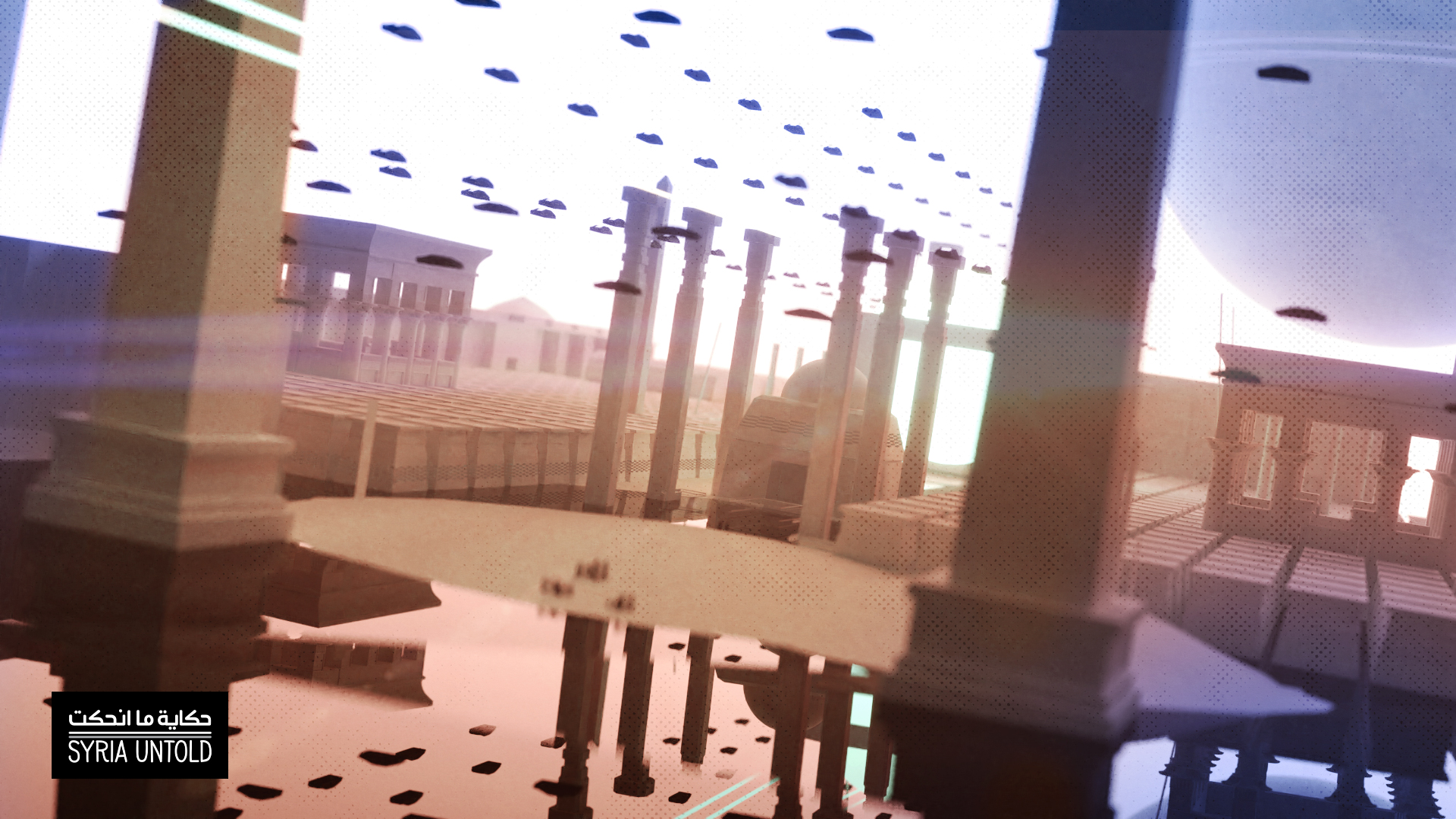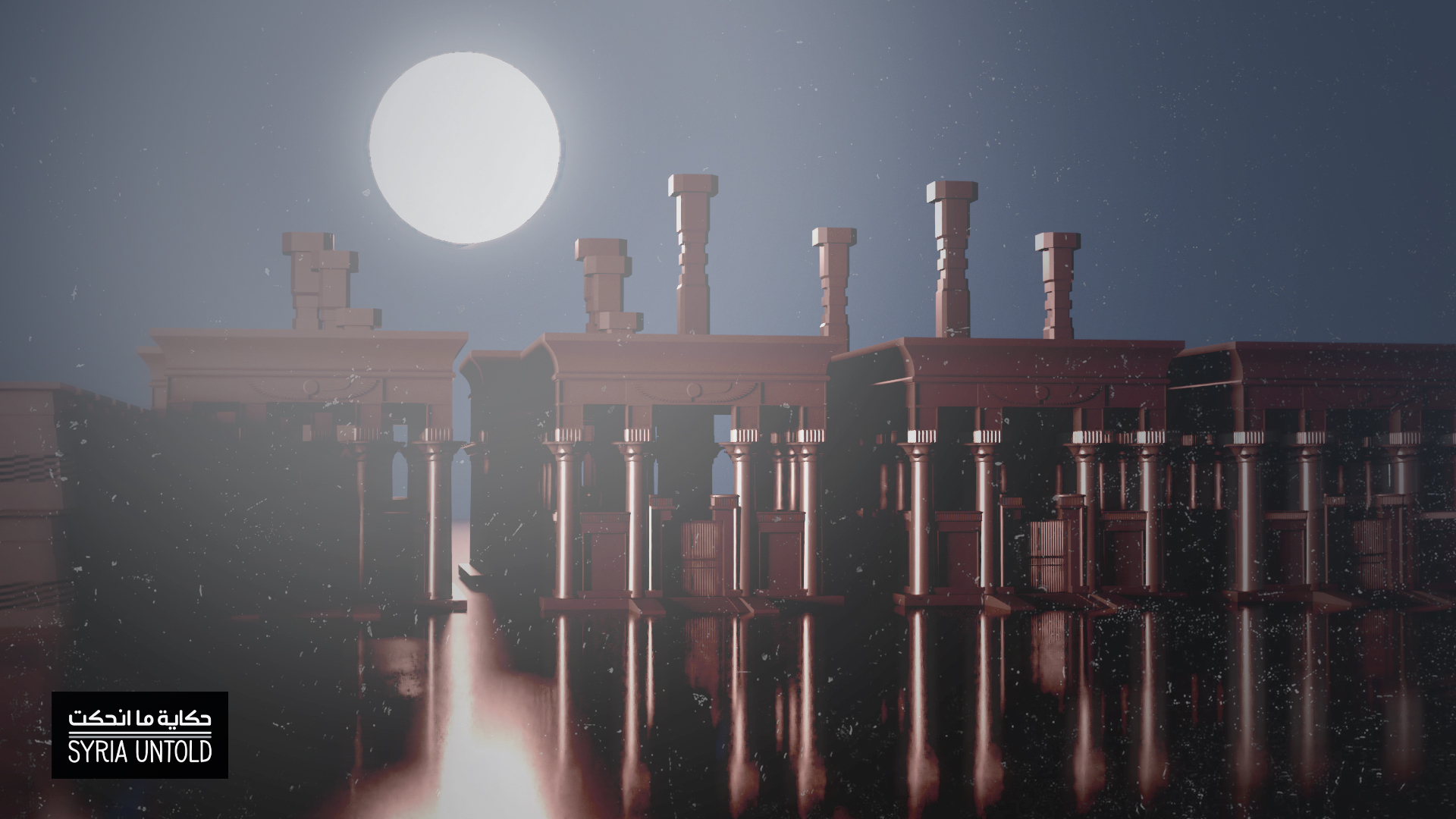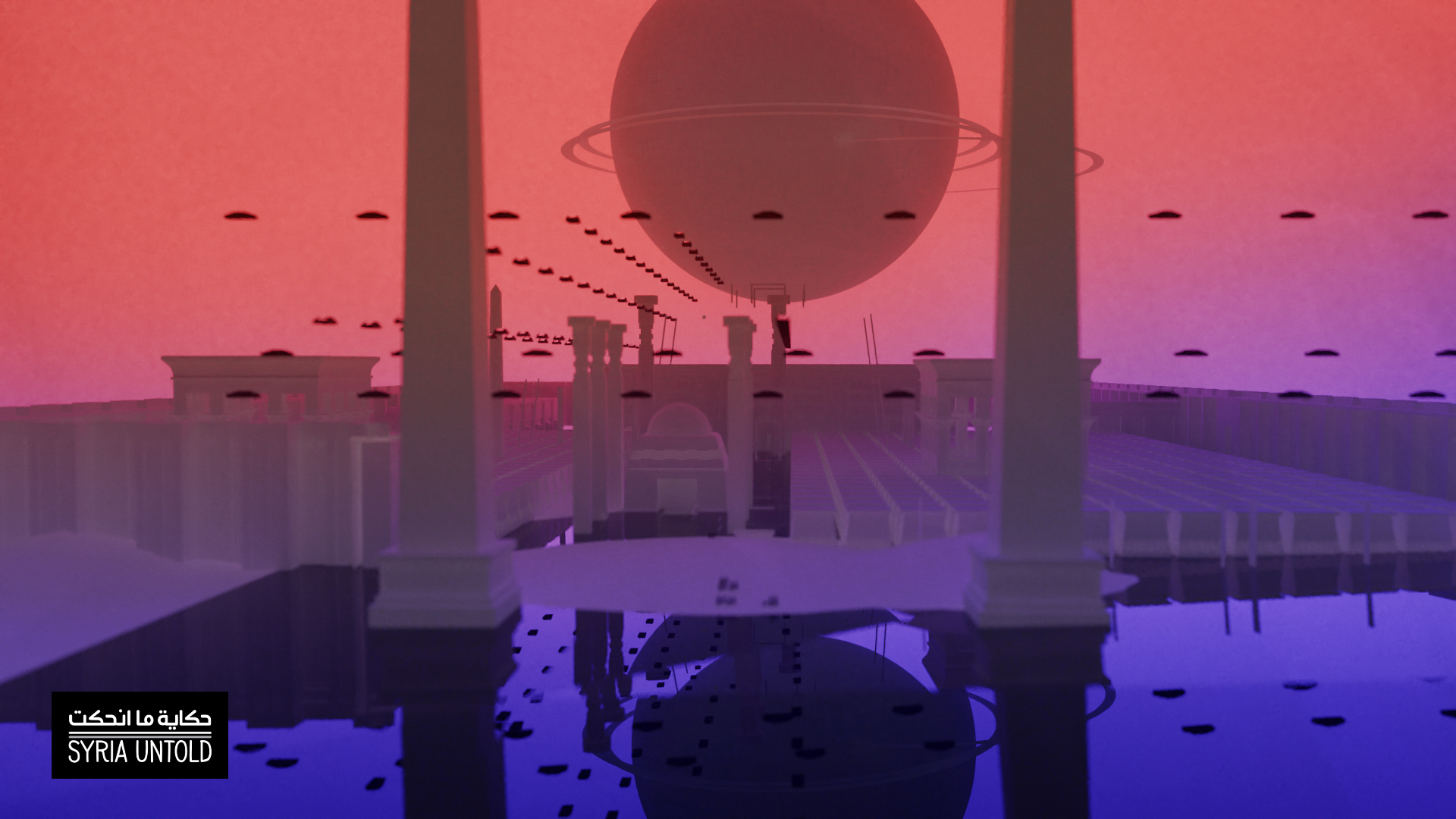This reflection is part of SyriaUntold’s collaboration with Ecologìas del Futuro on science fiction and imagining the future in the MENA region. We asked writers, artists, journalists and filmmakers from different countries across the region to send us short audio messages or reflections on what their world may look like in 300 years, and their relationship with the distant future.
Scroll down to listen to this piece in its original audio format.
The future cannot be written, it can only be read. Fortune-tellers and astrologers have known this from time immemorial. They understood that the future has yet to be written, that it is hidden between the lines. They learned how to read it in the stars and celestial bodies, how to search for it among numbers and coincidences.
The future is, at its essence, a matter of reading and not writing, and so it can only be read where it has not yet been penned. Literature cannot write the future, though it tries to do so. All literature can do is extend an original work to the reader, who may be able to glimpse through its lines at the spectrum of what is to come. Or they may hear the echo of a warning signal, one that waits for someone to put it into action.
Literature can neither imagine nor work on the future. All literature can do is work towards its emancipation and make what has been swept away possible again, by engaging in reality—reality in every meaning of the word. Reality is not only the tangible material world, and it is not limited to the present moment or political situation. Rather, within it are many intertwined worlds and overlapping moments of history.
The reality that literature attempts to work on is not given, and did not previously exist. It is created through multiple attempts to engage with it. That is why true literary works spring from an urgent need to move reality—a little movement, in the hope that something new will appear that has not been seen before. Perhaps the future lies in this little movement.
Listen to Haytham el-Wardany's original audio recording of this article:








